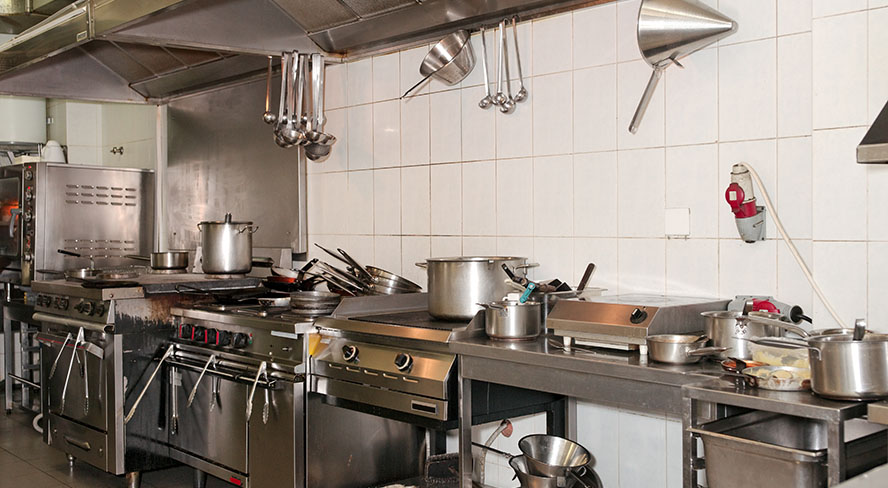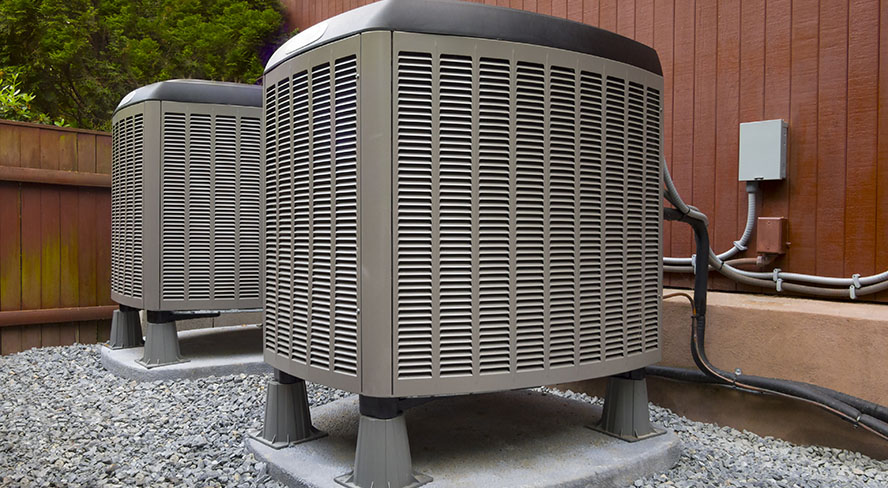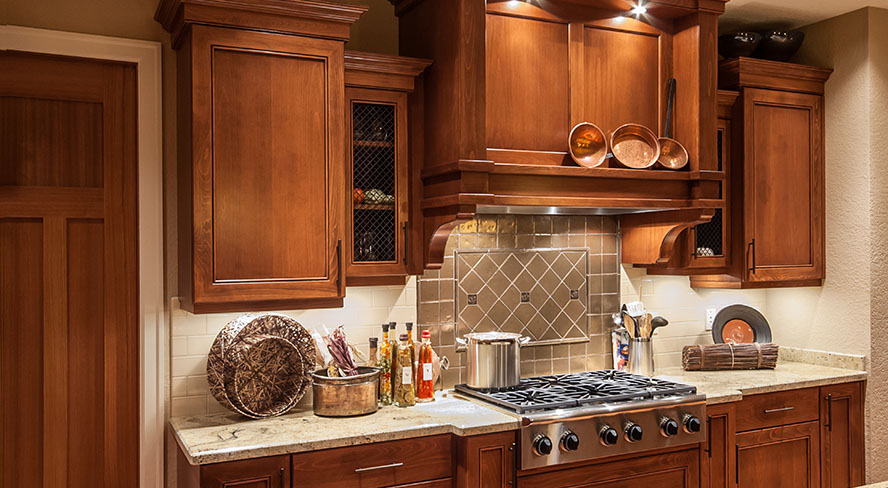Commercial appliances are the backbone of food service businesses, playing a crucial role in the preparation, cooking, storage, and serving of food and beverages. From industrial-grade ovens and refrigerators to specialized equipment like grills and fryers, these appliances are essential for ensuring efficiency, consistency, and quality in commercial kitchens. This means that you will also occasionally need services like deep fryer repair and more.
In this article, we’ll explore the indispensable role of commercial appliances in food service businesses and how they contribute to enhancing productivity and quality.
Efficiency and Speed
- One of the primary benefits of commercial appliances is their ability to handle high-volume production and maintain consistent performance under demanding conditions. Unlike residential appliances, which are designed for occasional use in home kitchens, commercial appliances are built to withstand continuous operation in busy commercial kitchens. This level of durability and reliability allows food service businesses to streamline their operations, minimize downtime, and meet the demands of a fast-paced environment.
Consistency and Precision
- Commercial appliances are engineered to deliver precise temperature control, cooking times, and cooking results, ensuring consistent quality and flavor in every dish. Whether it’s a convection oven that bakes evenly, a griddle that sears uniformly, or a refrigeration unit that maintains optimal storage conditions, commercial appliances are designed to deliver reliable performance and consistent results with every use. This level of consistency is essential for meeting customer expectations and building a reputation for quality and reliability in the food service industry.
Safety and Compliance
- Commercial appliances are subject to stringent safety and sanitation standards to ensure food safety and compliance with health regulations. From NSF certification to UL listing, commercial appliances undergo rigorous testing and inspection to verify their safety, reliability, and compliance with industry standards. This commitment to safety and compliance helps food service businesses maintain a clean and hygienic environment, minimize the risk of foodborne illness, and adhere to regulatory requirements governing food handling, storage, and preparation.
Versatility and Adaptability
- Commercial appliances come in a variety of sizes, configurations, and capacities to accommodate the diverse needs and requirements of different food service establishments. Whether it’s a compact countertop appliance for a small cafe or a high-capacity range for a bustling restaurant kitchen, commercial appliances offer versatility and adaptability to suit various kitchen layouts, menu offerings, and production volumes. This flexibility allows food service businesses to customize their kitchen setups and equipment selections to optimize efficiency, workflow, and space utilization.
Innovation and Technology
- Advancements in technology have led to the development of innovative features and functionalities in commercial appliances, further enhancing their performance, efficiency, and usability. From touchscreen controls and programmable settings to energy-efficient designs and smart connectivity, modern commercial appliances offer a range of innovative features that improve productivity, reduce operating costs, and simplify kitchen operations.
- Whether it’s monitoring cooking temperatures remotely, tracking inventory levels in real-time, or optimizing energy consumption, these technological advancements empower food service businesses to operate more efficiently and effectively in today’s competitive market. In particular, refrigerators are prone to running into thermostat issues. To deal with it you can call commercial refrigerator services Fairfax.
Tips for Organizing and Arranging Commercial Appliances
- Efficient organization and arrangement of commercial appliances are essential for the smooth operation of any food service business. A well-organized kitchen layout not only optimizes workflow and productivity but also ensures safety, cleanliness, and compliance with health regulations.
Assess Your Space and Workflow
- Before organizing your commercial kitchen, it’s essential to assess your space and workflow to identify areas for improvement and optimization. Consider the layout of your kitchen, the flow of traffic, and the sequence of tasks involved in food preparation, cooking, and serving. This assessment will help you determine the most efficient placement of appliances, workstations, and storage areas to minimize movement and streamline operations.
Create Zones for Different Tasks
- Organize your commercial kitchen into distinct zones for different tasks, such as food preparation, cooking, plating, and cleaning. Each zone should be equipped with the necessary appliances, tools, and supplies to facilitate efficient and organized workflow. For example, designate a separate area for food prep with cutting boards, knives, and prep tables, and another area for cooking with ranges, ovens, and grills.
Group Appliances by Function
- Group similar appliances together based on their function to create designated workstations and streamline workflow. For example, place all cooking appliances such as ranges, fryers, and griddles in one area, and all refrigeration appliances such as refrigerators, freezers, and cold storage units in another area. This grouping allows kitchen staff to access the necessary equipment quickly and efficiently without unnecessary movement or disruption.
Consider Ergonomics and Accessibility
- Arrange your commercial appliances and workstations in a way that promotes ergonomic movement and accessibility for kitchen staff. Ensure that appliances are positioned at the appropriate height and angle to minimize bending, reaching, and strain on the body. Additionally, leave adequate space between appliances and workstations to allow for easy movement and maneuverability, especially during busy periods of operation.
Prioritize Safety and Compliance
- Ensure that your commercial kitchen layout adheres to safety and compliance standards set forth by local health regulations and industry guidelines. Keep appliances away from high-traffic areas and fire hazards, such as exits, walkways, and open flames. Install proper ventilation systems and fire suppression equipment to prevent the buildup of heat, smoke, and grease in the kitchen. Additionally, ensure that appliances are properly maintained for electrical safety, calibrated, and serviced regularly to prevent malfunctions and accidents.
Optimize Storage and Shelving
- Maximize the efficiency of your commercial kitchen by optimizing storage and shelving to keep appliances, utensils, and supplies organized and easily accessible. Install shelves, racks, and cabinets near workstations to store frequently used items within arm’s reach. Use clear labeling and signage to identify the contents of storage areas and promote efficient inventory management. Consider investing in adjustable shelving and storage solutions to accommodate changing needs and maximize space utilization.
Implement Proper Cleaning and Maintenance Protocols
- Establish regular cleaning and maintenance protocols for your commercial appliances to ensure optimal performance, longevity, and hygiene. Develop a cleaning schedule that includes daily, weekly, and monthly tasks for cleaning and sanitizing appliances, surfaces, and equipment. Train kitchen staff on proper cleaning techniques and procedures to maintain a clean and sanitary environment. Additionally, schedule routine inspections and maintenance checks for appliances to identify and address any issues or malfunctions promptly.
Conclusion
Commercial appliances play a vital role in the success and operation of food service businesses, contributing to efficiency, productivity, and quality in commercial kitchens. From ensuring consistent cooking results to maintaining food safety and compliance, commercial appliances are essential tools for meeting the demands of a fast-paced and dynamic industry.
By investing in high-quality, reliable commercial appliances and staying abreast of the latest innovations and technologies, food service businesses can optimize their operations, enhance customer satisfaction, and achieve long-term success in the competitive food service market. Don’t forget to call commercial appliances repair Springfield services if something goes wrong.







